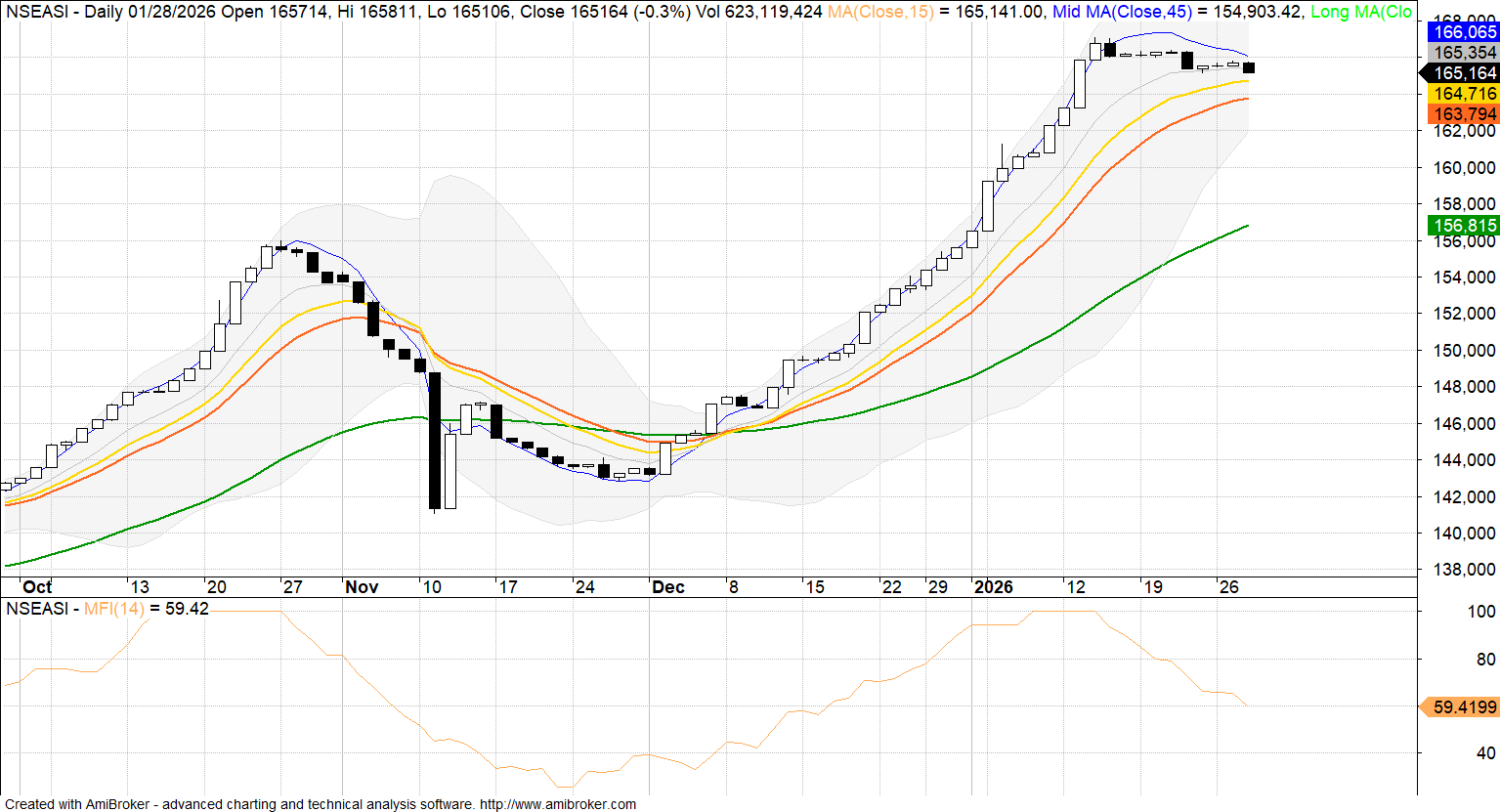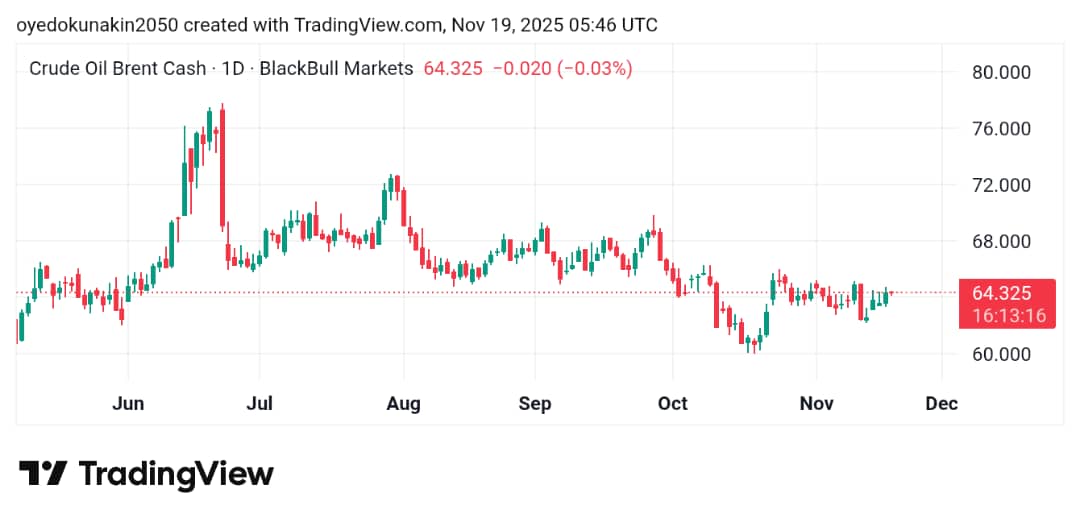
Akintunde Oyedokun
Research Analyst
Oil prices dropped on Monday to their lowest levels in a week after OPEC+ agreed to raise production by 547,000 bpd in September. Brent fell to $68.76 and WTI to $66.29, extending last week’s losses.
The decline was fueled by weak U.S. gasoline demand and record production in May. Market attention is now on the OPEC+ meeting scheduled for September 7, where deeper output cuts may be reversed. Trump’s tariff threats on Russian oil buyers, especially India, also added pressure but helped limit further losses.
China’s Services PMI Jumps To 14-Month High On Export, Job Growth
China’s services sector expanded at its strongest pace since May 2023, with the S&P Global Services PMI rising to 52.6 in July from 50.6, driven by improved demand, new export orders, and job creation. This contrasts with the official PMI, which showed flat growth at 50.0.
Tourism recovery and easing trade conditions supported the rebound, while rising input costs led to a modest increase in service prices. Business confidence also improved, despite concerns over weakening exports and a sluggish property market.
BoE Set To Cut Rates To 4% As Inflation Resurfaces
The Bank of England is expected to lower interest rates to 4% on Thursday, even as inflation rose to 3.6% in June—well above the 2% target. After falling through most of 2023, inflation is rising again, with services and core prices remaining stubbornly high, alongside strong wage growth and mounting cost pressures.
Despite signs of economic slowdown and a weaker labour market, policymakers remain divided on the pace and extent of further cuts. A second rate reduction is likely before year-end, but uncertainty around inflation’s path could complicate the timing.
Cold Weather and Low Rainfall Threaten Ivory Coast’s Main Cocoa Crop
Farmers in Ivory Coast warn that persistent cold and dry weather could hurt the upcoming main cocoa crop, due from October to March. While pod development is steady for now, inadequate sunshine and rainfall risk causing young pods to fall, reducing yield potential.
Rainfall in key regions like Soubre, Daloa, and Abengourou was well below average last week. Some farmers are holding off selling harvested beans, expecting a price hike in October, likely influenced by the approaching presidential election.
Nigeria Boosts Oil Production to 1.8m bpd, Eyes Further Growth
Nigeria’s oil production surpassed 1.8 million barrels per day (bpd) last month, with an average of 1.78 million bpd, marking the highest level since November, according to the Nigerian Upstream Petroleum Regulatory Commission chief, Gbenga Komolafe. He attributed the increase to enhanced security efforts in the Niger Delta, which have helped curb oil theft and restore output. Given that oil accounts for over 80% of Nigeria’s foreign exchange and nearly two-thirds of government revenue, the production recovery is vital for economic stability. The government now aims to increase output to 3 million bpd, with Komolafe reaffirming the commission’s commitment to sustaining the momentum and fostering transparency across the sector.












